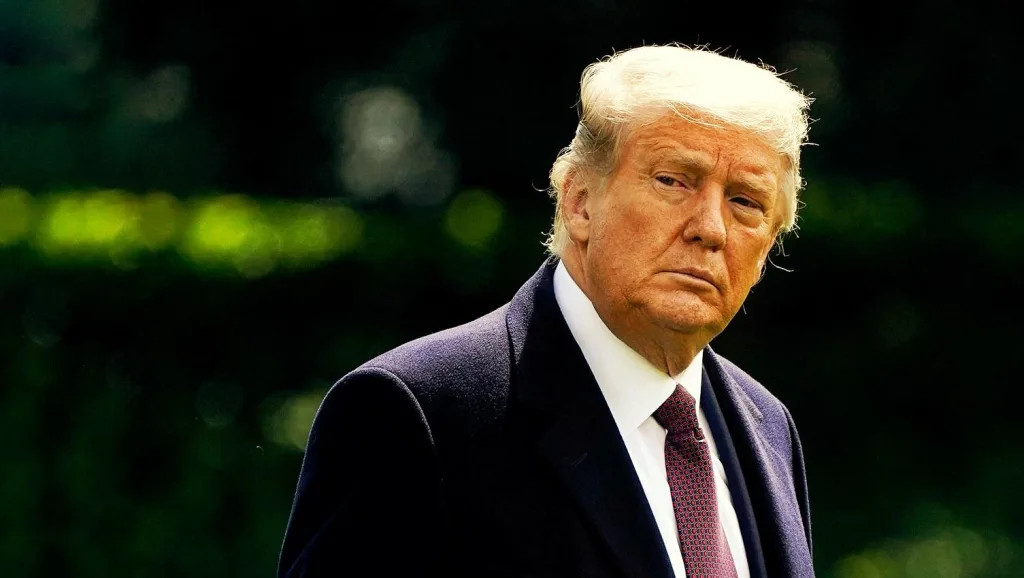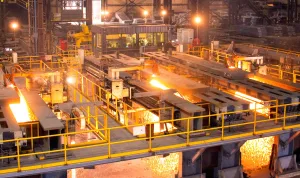How the US Election in 2024 Will Impact the Global Steel Market: Key Insights and Predictions

The Trump Factor: Assessing the Impact of a 2024 Election Win on the Global Steel Market
Introduction
The upcoming US election in 2024 is poised to have significant repercussions on various global industries, including the steel market. As one of the largest producers and consumers of steel, US policies and leadership changes can ripple through international trade, pricing, and production dynamics. This article delves into how the 2024 US election could impact the global steel market, offering key insights and predictions.
Potential Policy Changes and Their Impact
- Trade Policies and Tariffs
- Tariff Adjustments: Changes in administration could lead to modifications in existing tariffs on steel imports. The current tariffs, imposed during previous administrations, have significantly affected global trade flows. A new administration might revise these tariffs, impacting global steel prices and trade dynamics.
- Trade Agreements: The US might renegotiate existing trade agreements or enter new ones, influencing the global steel market. A focus on bilateral or multilateral trade agreements could open new markets or alter competitive dynamics.
- Environmental Regulations
- Carbon Emission Policies: An administration prioritizing environmental issues may introduce stricter carbon emission regulations for steel production. This could increase production costs domestically but also drive innovation in green steel technologies.
- Sustainability Incentives: Policies promoting sustainable practices and renewable energy use in steel production could set new global standards, encouraging other countries to follow suit.
- Infrastructure Spending
- Infrastructure Projects: Both major political parties have shown interest in infrastructure investment. Increased federal spending on infrastructure would boost domestic steel demand, positively impacting global prices and production.
- Economic Stimulus: Broader economic stimulus packages could strengthen the US economy, leading to increased industrial activity and higher steel consumption.
Economic Implications
- Market Confidence and Investment
- Investor Sentiment: Election outcomes can significantly influence market confidence. A stable political environment may boost investor confidence, leading to increased investments in steel production and infrastructure projects.
- Stock Market Reactions: Steel companies’ stock prices could be volatile in the short term, reacting to election results and anticipated policy changes.
- Currency Fluctuations
- Dollar Strength: The US dollar’s value could fluctuate based on election outcomes, impacting global steel prices. A stronger dollar generally makes US exports more expensive and imports cheaper, affecting international trade balances.
- Exchange Rate Volatility: Uncertainty during the election period may lead to increased currency market volatility, impacting global trade settlements.
Global Trade Dynamics
- Supply Chain Adjustments
- Import/Export Balances: Changes in US trade policy could lead to adjustments in global supply chains. Countries heavily reliant on US steel imports or exports may need to seek alternative markets or suppliers.
- Tariff Retaliation: Potential changes in US tariffs could provoke retaliatory measures from trade partners, further impacting global trade dynamics and market access.
- Competitive Positioning
- Global Competition: US steel producers might face increased competition from international players if tariffs are reduced or eliminated. Conversely, stricter trade policies could protect domestic producers but strain international relations.
- Innovation and Technology: US policies promoting technological advancements in steel production could enhance the competitiveness of US steel on the global stage, pushing other countries to innovate.
Future Outlook
- Short-Term Effects
- Market Volatility: The period leading up to and immediately following the election is likely to be marked by market volatility as stakeholders respond to potential policy shifts.
- Strategic Planning: Companies will need to develop flexible strategies to adapt to the possible changes in trade policies, environmental regulations, and economic conditions.
- Long-Term Trends
- Sustainable Growth: Policies promoting sustainable steel production could drive long-term growth and innovation in the industry, with potential benefits extending globally.
- Global Cooperation: Enhanced international cooperation on trade and environmental standards could lead to a more stable and predictable global steel market.
Conclusion
The 2024 US election is set to be a pivotal event with far-reaching implications for the global steel market. From trade policies and environmental regulations to economic stimulus and infrastructure spending, the election outcomes will shape the industry’s future. Stakeholders in the steel market must stay informed and agile, ready to adapt to the evolving political and economic landscape.
By understanding these potential impacts, industry players can better navigate the uncertainties and capitalize on emerging opportunities in the global steel market.



